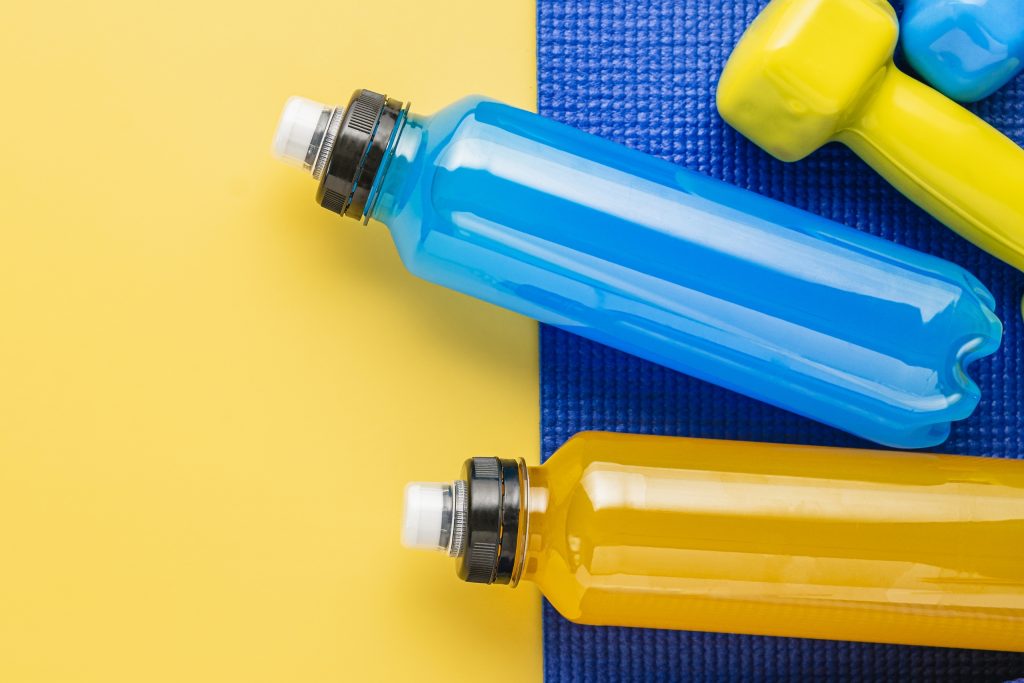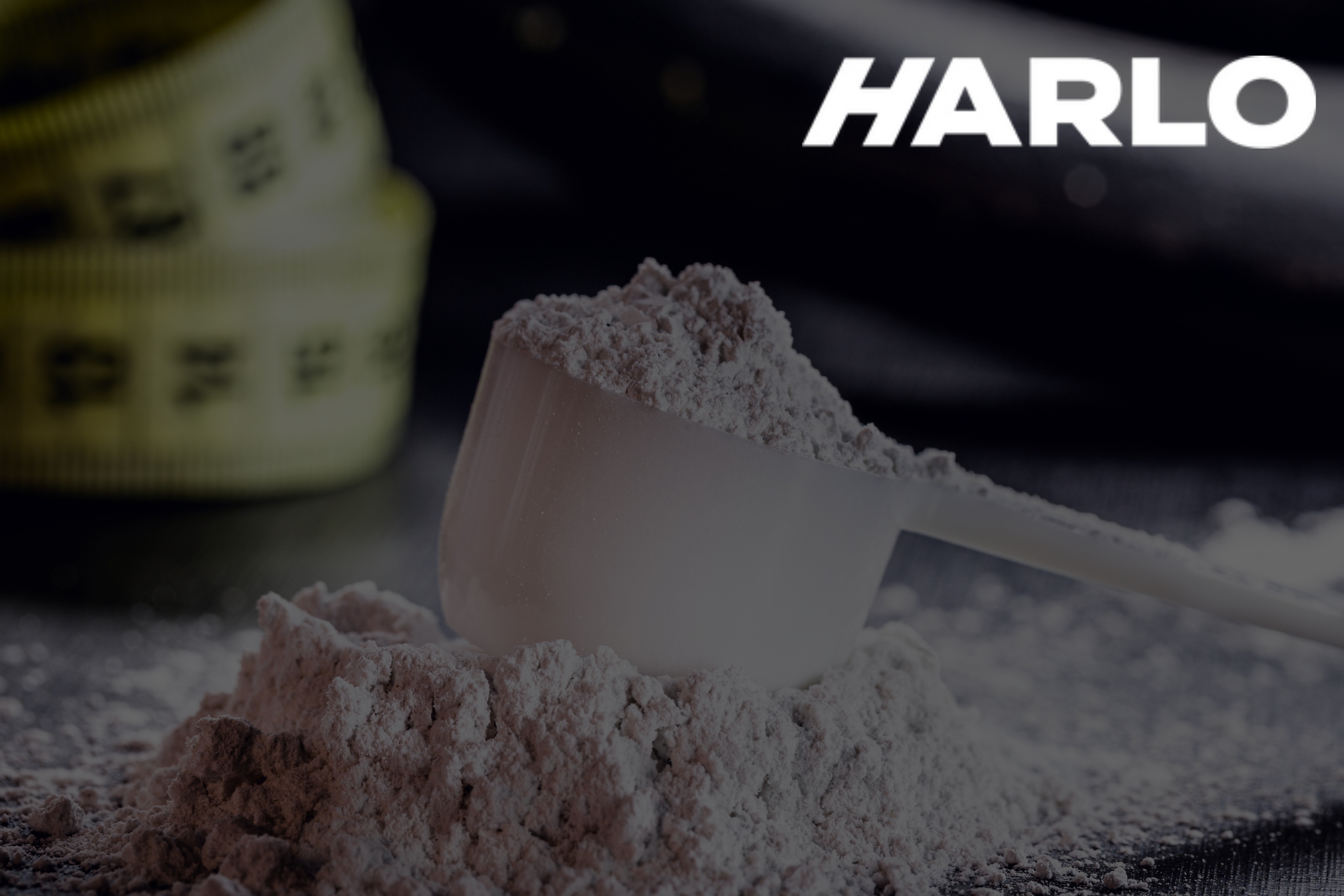Electrolytes are chemicals in the body that carry an electric charge. They are very important for many bodily processes. Sodium, potassium, calcium, and magnesium are some of these ions. They are necessary to stay hydrated, keep the pH level balanced, keep nerves and muscles working, and keep the body healthy generally.
When we sweat a lot or do a lot of physical exercise, our bodies lose fluids. This can make us dehydrated and throw our bodies out of balance. A lot of people drink electrolyte drinks to get back the salts they’ve lost.
There are carefully made drinks called electrolyte drinks that have a healthy mix of electrolytes, carbs, vitamins, and minerals. These drinks are made to quickly rehydrate and restore the body’s fluid levels. This makes them popular with athletes, people who live busy lives, and people who are healing from sickness or being dehydrated for a long time.
Why Choose Electrolyte Drinks Without Added Sugar
For many reasons, choosing electrolyte drinks that don’t have extra sugar can be a good idea. These drinks are a cool way to replace the fluids you lose when you sweat and work out, without adding extra calories or the health risks that come with eating too much sugar. Electrolyte drinks without added sugar can be a handy and better option to sugary drinks because they can help you stay hydrated, give you minerals and vitamins you need, and improve your general sports performance.
Benefits of Electrolyte Drinks
Electrolyte drinks are good for you in more than one way. For starters, they help replace minerals that you lose when you sweat while you’re working out. Because we sweat, our bodies lose fluids like sodium, potassium, magnesium, and calcium when we work out hard or for a long time. These elements are very important for keeping our bodies healthy and working right. Electrolyte drinks have the right amounts of these chemicals to help our bodies get back to a healthy electrolyte balance.
Second, electrolyte drinks help the body keep the right amount of fluids in it. For our bodies to work at their best, we need to stay refreshed. Being dehydrated can make us sick and make it harder to do things physically. Electrolyte drinks not only keep us hydrated, but they also make sure that our bodies receive and hold on to the water well.
Electrolyte drinks also keep you from getting muscle cramps and tiredness. Electrolytes are very important for muscle performance; not having enough of them can cause cramps, slowness, and tiredness. By drinking electrolyte drinks, we can avoid these problems and keep our muscles working properly.
The Dangers of Added Sugar in Electrolyte Drinks
The extra sweets in electrolyte drinks can hurt our health by changing our blood sugar levels and insulin reaction. People quickly take in these extra sugars, which come in the form of high fructose corn syrup or sucrose. This makes their blood sugar levels rise quickly. This rapid rise makes insulin come out, which helps keep blood sugar in check. But drinking too many sugary electrolyte drinks on a daily basis can cause insulin resistance over time, which makes it harder for the body to control blood sugar.
Also, drinking too many electrolyte drinks with extra carbs can make you gain weight and cause other health problems. A lot of the time, these sugary drinks are high in calories but not very good for you. The body quickly takes in the large amounts of sugar and turns it into fat if it isn’t used for energy. This can make you gain weight in the long run, especially if you don’t move around much or eat a lot of calories. Also, drinking sugary drinks has been linked to a higher chance of getting fat, getting type 2 diabetes, heart disease, and even some kinds of cancer.
Importance of Proper Hydration During Exercise
Staying hydrated during exercise is important for your health and function. When you do hard workouts like high-intensity sprint training or endurance sports, you sweat a lot, which makes you lose water. If you don’t replace this fluid loss right away, you could become dehydrated very quickly. Electrolyte drinks are very important for keeping you from getting dehydrated during hard workouts.
Minerals like sodium, potassium, calcium, and magnesium are electrolytes because they carry an electric charge in your body. These important minerals help keep the balance of water in your cells and make sure your muscles work right. You lose electrolytes and water when you sweat. These need to be replaced right away to keep your body from becoming out of balance.
Electrolyte drinks can help your body replace the chemicals it loses, which is good for staying hydrated. They successfully raise the body’s electrolyte levels, keeping the balance of fluids in cells and keeping you from becoming dehydrated. By drinking these drinks, you also help your muscles work well, lower your risk of getting cramps, and keep your energy up during long workouts.
In addition, electrolyte drinks often have carbs in them, which give your muscles energy. This extra food helps you keep up the volume of your workout and avoid getting tired too soon. Electrolyte balance and staying hydrated also help keep body temperature in check, so you don’t get too hot during hard exercise.
Understanding Electrolyte Imbalance
An electrolyte imbalance is when the body’s amounts of salts are off, which can make it hard for the body to work normally. Electrolytes are chemicals that are needed for cells to work properly. They carry an electric charge and include sodium, potassium, calcium, and magnesium. Having too many or too few of these chemicals in the body can cause a number of signs and health problems. It’s important to understand electrolyte imbalance in order to find and treat the root causes, stop problems from getting worse, and restore the body’s electrolyte balance for best health and well-being.
Causes of Electrolyte Imbalance
Electrolyte instability can happen for many reasons, such as working out too hard and sweating too much, not getting enough electrolytes from food, or taking medicines that can change electrolyte levels.
The body’s temperature rises when you work out, and sweating helps keep it normal. Electrolytes like sodium, potassium, calcium, and magnesium are in this sweat. Too much sweating can throw off the balance of these chemicals, which can affect how well the body works as a whole. In order to stay healthy, it is important to replace these fluids by staying hydrated and eating a varied diet.
An imbalance can also be caused by a diet low in foods that are high in electrolytes. Electrolytes can be found in large amounts in foods like fruits, veggies, nuts, seeds, and dairy products. If you don’t eat enough of these things, you could be missing out on important electrolytes that keep your body’s balance.
Some health problems, like kidney disease, digestive problems, hormonal issues, and heart problems, can make it harder for the body to control electrolyte levels. As a side effect, medicines like laxatives, diuretics, and some blood pressure medicines can also throw off the balance of electrolytes.
Electrolyte changes can hurt the body’s processes, causing cramps, weakness, an abnormal heartbeat, tiredness, and in the worst cases, seizures. So, it’s important to figure out why your electrolyte levels are off and then take the right steps to get them back to normal. For example, a healthy diet, staying hydrated, and talking to a doctor when you need to are all important things you can do.
Signs and Symptoms of Electrolyte Imbalance
Electrolyte instability means that the body’s salts are not concentrating properly, which can affect the way many of its systems work. Electrolyte imbalance can cause muscle cramps, weakness, or twitches, as well as tiredness or a lack of energy, and stomach problems like sickness, vomiting, or diarrhea.
Electrolytes, like sodium, potassium, calcium, and magnesium, are very important for contracting and relaxing muscles. When there is an imbalance, muscles often cramp, become weak, or seize. If your chemical levels are off, your muscles may not work as well, which can cause cramps, weakness, or twitches that you can’t stop.
Electrolyte imbalance can also make you feel tired or lethargic. Electrolytes are important for keeping the body properly hydrated and controlling how nerve signals are sent. If sodium levels are off, it can stop the body from making energy, which can make you feel tired or like you don’t have any energy.
Electrolyte changes can also have an effect on the digestive system, leading to signs like feeling sick, throwing up, or having diarrhea. Electrolytes help the body keep the right amount of fluids in it, and if they are out of balance, it can mess up the eating process and cause stomach pain.
It is very important to keep an eye on electrolyte levels by getting regular blood tests and seeing a doctor if you notice any signs of an electrolyte imbalance. Electrolyte refill through an IV, changes to medications, or lifestyle changes like food changes may be used as treatments. Electrolyte issues need to be fixed right away to avoid problems and improve health in general.
How to Choose the Right Electrolyte Drink
Picking the right electrolyte drink is important for staying hydrated and replacing nutrients that you lose when you sweat or do physical exercise. Follow these tips to make sure you make the right choice.
First, try to find drinks that have the right amount of salt, potassium, and magnesium. These minerals are very important for keeping the balance of fluids, keeping muscles working, and sending messages between nerves. Choosing a drink with the right amount of these electrolytes will help you stay hydrated and avoid muscle cramps.
Next, pick foods that have zero sugar electrolytes to keep your health in good shape. There are a lot of sugary electrolyte drinks on the market, which can make you fat, cause cavities, and cause other health problems. Not only will choosing drinks without extra sugars help you live a healthier life, but it will also keep your blood sugar from rising and your energy from dropping.
Lastly, when choosing a drink, think about what your body needs and how active you are. Electrolyte levels may need to be different for different tasks and situations. It’s possible that you need a drink with more salt if you do intense workouts or work in hot places. If you have certain health problems, like high blood pressure, you might need to pick a choice with less salt.

Conclusion
In conclusion, electrolyte drinks are important for staying hydrated and replacing chemicals that you lose when you work out. Picking foods that don’t have added sugar can help protect your health and make sure they work at their best. Getting enough water and electrolytes is important for your health and performance as a whole. To get the most out of electrolyte drinks, make sure they don’t have any added sugar. Pay attention to what your body wants and choose a drink that fits your goals and level of exercise. By knowing what electrolyte drinks are good for you, you can help your body stay fresh, healthy, and working at its best.


